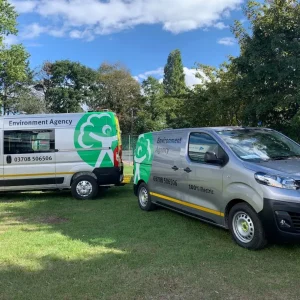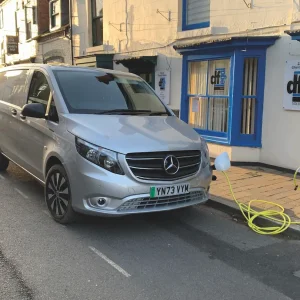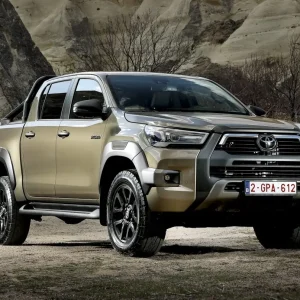“We've just implemented a five per cent increase,” says Daf UK managing director, Stewart Hunt. “Sterling has weakened by 15 per cent against the Euro over the last six months,” he continues. “Admittedly Daf assembles trucks in Britain, so to that extent we're protected, but a lot of the components we use are sourced from the euro zone.”
“We've increased Piaggio Porter (pictured) prices by £500,” says Tim Slaughter, managing director of Piaggio light commercial distributor Perodua UK. “The situation with exchange rates is killing us.”
Porter is assembled in Italy and Slaughter plans to bring in Indian-built Piaggios to help ensure the range remains price-competitive.
“We're expecting to see price increases, but everybody else is going to be in the same position,” says Robert Handyside, UK commercial vehicle operations manager at Citroën.
“We're holding our prices at present — the fact that Trafic is built in Luton protects us to a certain extent — but we're going to have to do something,” says Louise O'Sullivan, UK brand manager, light commercial vehicles, at Renault. “It's been 18 months since we put up the prices of some models.”
Not everybody is planning price rises, however. “As the UK distributor we buy in sterling and the risk is taken by Volkswagen centrally,” says Robin Woolcock, UK managing director at Volkswagen Group. “We take a long-term view of currency movements and we've no new and unexpected commercial vehicle price increases scheduled.”
While LDV imports some of its components from mainland Europe, a weak pound could improve the Birmingham van maker's export prospects.
“We're targeting 5,000 export sales this year,” says marketing director, Steve Miller. “That includes 3,000 to Russia and 1,000 to France, Spain and the Benelux countries.”
LDV is owned by Russian manufacturer GAZ and it's interesting to note that the Maxus brand is now becoming more prominent than the LDV name in its UK marketing literature.

 The fall in the value of the pound against the Euro, plus higher raw material costs, mean that van and truck prices look set to rise.
The fall in the value of the pound against the Euro, plus higher raw material costs, mean that van and truck prices look set to rise. 



